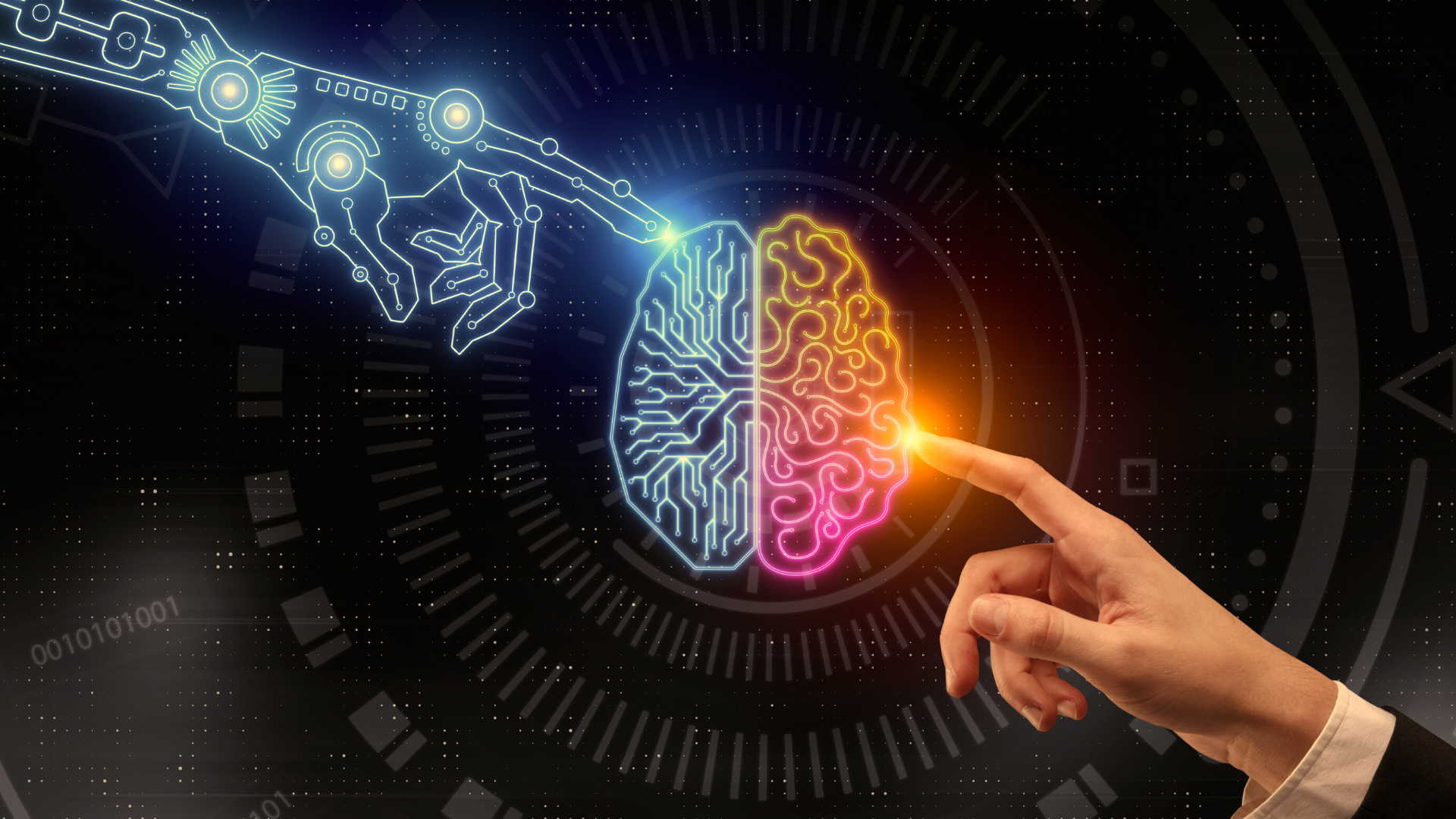
The concept of artificial intelligence (AI) is no longer limited to futuristic films. It’s quickly permeating every aspect of our lives, from how we use technology to communicate with one another to how we approach challenging situations. But what precisely distinguishes AI as unique? What distinguishes it from conventional computing?
This blog post explores some of the distinctive qualities of AI, highlighting its enormous potential. We will investigate the following:
The Art of Learning from Experience through Machine Learning
Handling Natural Language: Filling the Communication Void
Solving problems through data processing and analysis: Unlocking the Secrets of Information AI as a Potent Instrument for Difficult Problems
Automation: Making Time for What Really Matters
The Changing Face of AI
The Art of Learning from Experience through Machine Learning
Imagine a machine with the same capacity for learning and development as a human being. This is the fundamental idea of machine learning, an area of artificial intelligence that enables computers to recognize patterns in data and forecast outcomes without the need for explicit programming. Machine learning algorithms can find hidden links and trends by examining large amounts of data. They get more proficient at their assigned tasks the more data they process. Activity in real-time by examining transaction patterns. This helps to safeguard both consumers and financial institutions.
The influence of machine learning goes beyond the business world. It is used in healthcare to evaluate medical imaging to identify diseases early and even customize treatment regimens according to each patient’s specific medical background and genetic makeup.
Handling Natural Language: Filling the Communication Void
Have you ever communicated with a chatbot on a business’s website or spoken to a virtual assistant like Siri or Alexa? If so, you have witnessed the application of natural language processing, or NLP. NLP makes it possible for computers to comprehend and interpret spoken language, facilitating more organic human-technological communication.
Imagine living in a world where you can interact with computer programs to do tasks or obtain information, or where you can just talk to your devices to operate them. This is made possible with NLP. It enables computers to comprehend language’s meaning and structure, including its grammar, syntax, and semantics.
Beyond chatbots and virtual assistants, NLP has several uses. It facilitates smooth cross-cultural communication by removing linguistic obstacles in machine translation software. NLP is also used by social media companies to tailor advertising and information streams to individual users based on their past interactions and interests.
Sentiment analysis uses natural language processing (NLP) to examine news stories, social media posts, and online reviews in order to determine the public’s opinion on a range of topics. Businesses looking to better understand client sentiment and enhance their goods and services might find great value in this information.
Data Analysis and Processing: Revealing Information’s Secrets
Artificial Intelligence (AI) is unique in the big data era because of its remarkable speed at which it can process and analyze enormous amounts of data. The sheer amount and complexity of modern datasets can provide challenges for traditional computing methods. AI, on the other hand, makes use of strong algorithms that are intended to glean valuable insights from this data.
The ability of artificial intelligence (AI) to recognize patterns and trends that would be challenging or impossible for humans to notice is one of its main advantages when processing data. AI is utilized, for instance, in science to evaluate data from intricate experiments, producing ground-breaking findings across a range of disciplines.
AI aids in the analysis of market patterns and the forecasting of future variations in the financial industry, enabling better informed investment choices. Similar to this, artificial intelligence (AI) processes enormous volumes of atmospheric data in weather forecasting models to produce more precise and localized predictions.
Efficiently analyzing vast datasets enables firms to make informed decisions based on data. AI can be used, for example, to evaluate client data in order to better serve customers or personalize marketing campaigns.
AI as a potent tool for complex challenges in problem-solving
Artificial intelligence (AI) is a potent tool for solving complicated problems that could stump even the sharpest brains. It’s not just about efficiency and data processing. See a future in which artificial intelligence may assist in resolving some of the most important issues facing humanity. This is how AI can solve problems in an innovative way.
Artificial intelligence (AI) is used in the drug development sector to evaluate large libraries of molecules and chemical compounds in order to find promising candidates for novel drugs. As a result, the time and resources needed to produce new medications are greatly decreased, which could hasten medical advancements.





